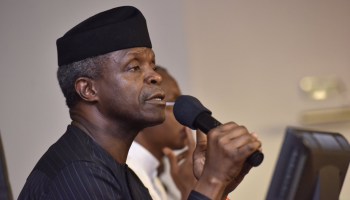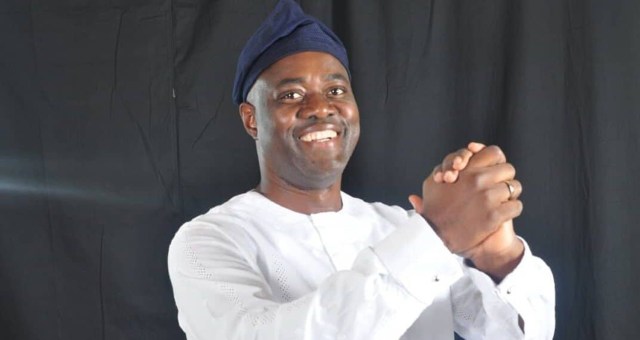Once again, many states in the country are in financial straits and can hardly meet their financial obligations. They have approached the federal government for financial assistance but Vice President Yemi Osinbajo has made it clear to the states that the condition precedent for such federal government financial support will be the reports from independent monitoring and evaluation of states against agreed milestones under the Fiscal Sustainability Plan (FSP).
States are in dire financial straits today because of poor management of their fiscal and other resources. Over the years, much of the funds meant for development of the states were diverted to personal uses by corrupt leaders at state level while laws and policies guiding government expenditures, where they existed, were shoved aside.
In some states, up till now, there is an absence of good fiscal laws and policies to facilitate good fiscal governance. A 22-point FSP was agreed to by the state governments in 2016 to implement fundamental reforms by taking measures that will instil a regime of fiscal transparency and accountability in the states, improve Internally Generated Revenue (IGR), tame unnecessary recurrent expenditure and strengthen adherence to debt management guidelines by the states.
The objectives of FSP at the state level are no doubt laudable, more so that FSP seeks to improve transparency and accountability, increase public revenue, rationalize public expenditure, improve public finance management and facilitate sustainable debt management. FSP also seeks to ensure that the states are put on the path that would lead them out of the situation in which they have to be bailed out each time time they are out of funds or when they are unable to meet their financial obligations for the wellbeing of the citizenry.
In addition, FSP seeks to improve fiscal governance, ensure prudent management of states resources and create new avenues for increased IGR. From the political leadership, FSP demands integrity, transparency, openness, honesty of purpose and utmost good faith. It also demands participation and vigilance on the part of the people who are the ultimate custodians of sovereignty. As things are, only a few states in the country have shown evidence of viability.
Yet, every state in the country has enough resources which the state government can tax to make the state viable. Rather than do this, state governors unabashedly prefer to go to Abuja, cap in hand, every month to beg the federal government for financial support. This is sad, despicable and should be stopped.
Going forward, states must abide by the 22point FSP which they have agreed with the federal government and live within their means. They must know that gone are the days of over bloated recurrent budgets, white elephant projects and over bloated salaries of workers. They should also set realistic and achievable targets to improve their IGR from all revenue generating activities in the state and implement it without fail. Share this:




